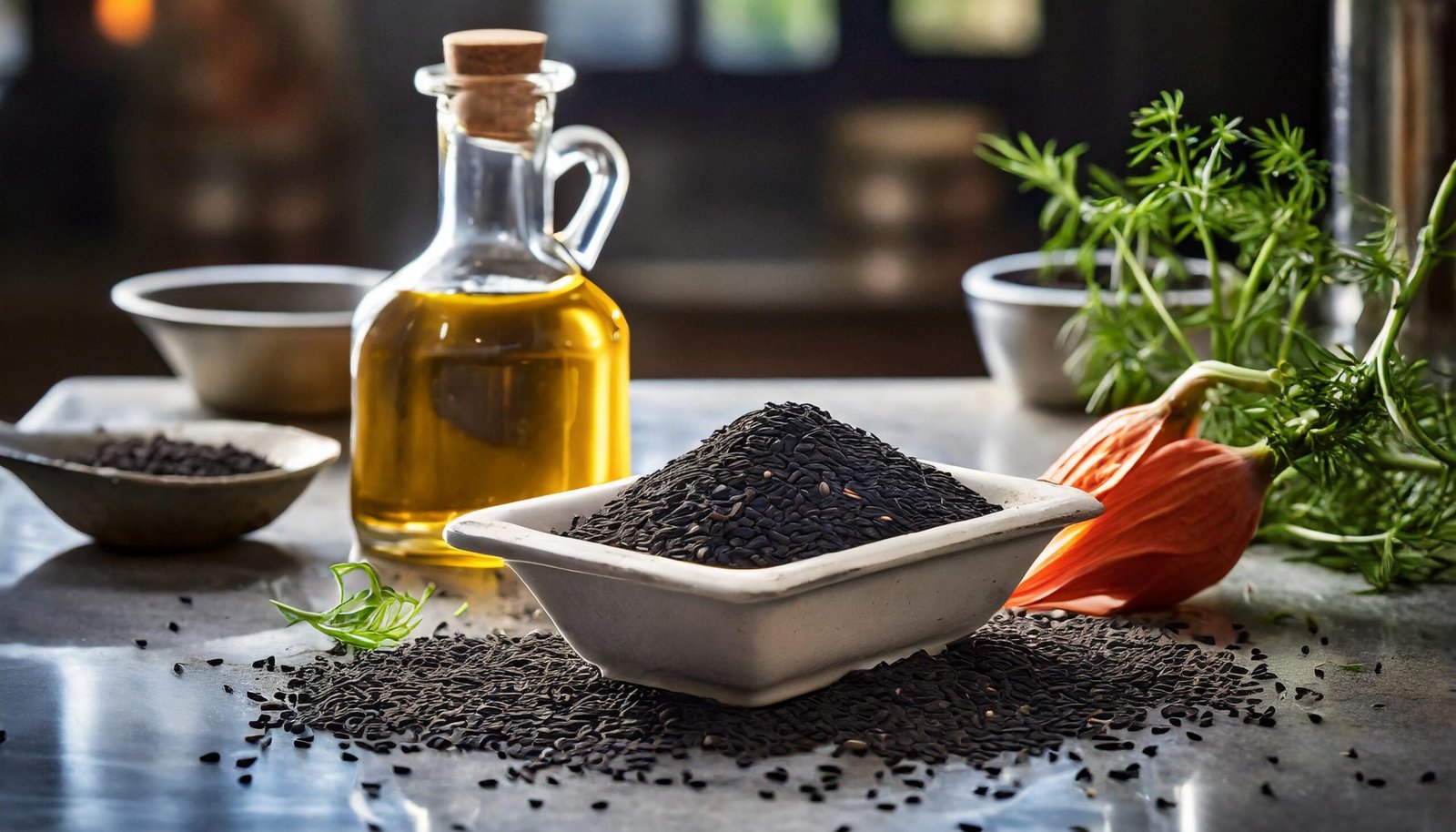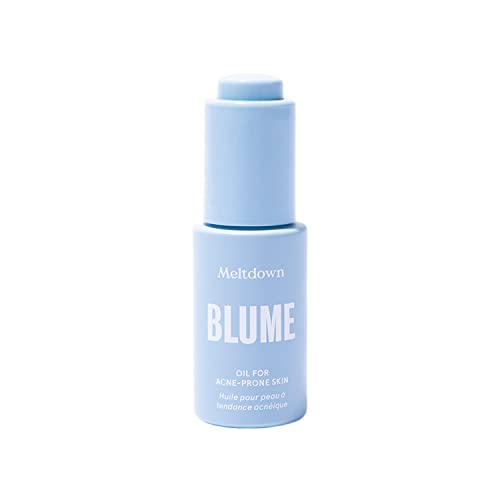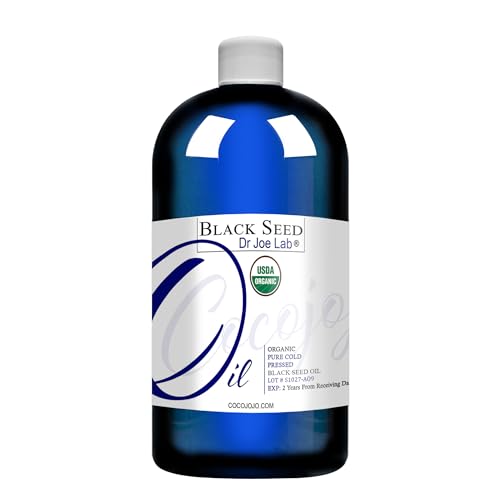In the world of herbs and spices, few ingredients boast as impressive a resume as black cumin. Also known as Nigella sativa, black cumin has been revered for centuries for its culinary, cosmetic, and medicinal properties. From adding depth to dishes to enhancing skincare routines and even offering potential health benefits, black cumin continues to captivate enthusiasts across various domains, transcending the boundaries of flavor, beauty, and well-being. Let’s delve into the multifaceted world of this tiny yet mighty seed, exploring its transformative effects on health, wellness, and beyond.
Culinary Delights
Black cumin’s influence in the culinary world extends far beyond its size. Its warm, nutty flavor profile adds a distinctive and aromatic touch to a wide array of dishes, making it a cherished ingredient in kitchens around the globe. Particularly prominent in Middle Eastern, Indian, and North African cuisines, black cumin, also known as Nigella sativa, plays a pivotal role in enhancing the depth and complexity of flavors.
One of the most iconic uses of black cumin is in the preparation of various bread and pastry items. In Middle Eastern cuisine, black cumin seeds are often sprinkled on top of flatbreads like naan or pita before baking, imparting a unique aroma and flavor that elevates these staples to new heights. The seeds can also be incorporated directly into bread dough, adding texture and a subtle hint of warmth to every bite.
In Indian cuisine, black cumin, known locally as “kalonji” or “kala jeera,” is a key component of many spice blends and curry dishes. It’s often toasted in oil or dry-roasted to intensify its aroma before being ground into a powder and added to masalas or used as a seasoning for vegetable and meat dishes. The distinctive earthy notes of black cumin complement the rich flavors of Indian spices, lending depth and complexity to curries, dal, and rice dishes.
Beyond bread and curry, black cumin finds its way into a variety of other culinary creations. It’s a popular addition to soups, stews, and lentil dishes, where its warm, slightly peppery flavor adds depth without overwhelming other ingredients. In pickles and chutneys, black cumin seeds provide a burst of flavor and a subtle crunch, balancing the sweetness and acidity of fruits and vegetables.
Black cumin’s versatility extends beyond savory dishes to include beverages as well. Black cumin tea, brewed by steeping the seeds in hot water, is cherished for its comforting aroma and mild, slightly bitter flavor. Often enjoyed with a squeeze of lemon or a drizzle of honey, black cumin tea is a soothing beverage that’s perfect for sipping on a chilly evening or as a midday pick-me-up.
In summary, black cumin’s culinary prowess knows no bounds. Whether it’s adding depth to bread, enhancing the flavor of curries, or infusing beverages with its aromatic notes, black cumin continues to captivate taste buds and inspire culinary creativity around the world. So the next time you’re in the kitchen, consider reaching for this tiny yet mighty seed to elevate your dishes to new culinary heights.
[As an Amazon Associate, I earn from qualifying purchases at no additional cost to you.]
Cosmetic Elixir
Beyond its culinary applications, black cumin has also made a significant mark in the realm of skincare and beauty. Renowned for its potent nourishing and moisturizing properties, black cumin oil has become a staple ingredient in various skincare products, earning its reputation as a “cosmetic elixir.”
One of the key reasons for black cumin oil’s popularity in skincare is its rich composition of antioxidants, essential fatty acids, and vitamins. These nutrients work synergistically to provide numerous benefits for the skin, helping to combat oxidative stress, protect against environmental damage, and promote overall skin health.
When applied topically, black cumin oil penetrates deeply into the skin, delivering essential moisture and nutrients to the underlying layers. Its emollient properties help to hydrate and soften the skin, making it particularly beneficial for those with dry or rough skin. Regular use of black cumin oil can leave the skin feeling smooth, supple, and rejuvenated.
Black cumin oil’s anti-inflammatory properties make it an excellent choice for soothing irritated or inflamed skin. It can help alleviate redness, itching, and discomfort associated with conditions such as eczema, psoriasis, and acne. By calming inflammation and reducing the appearance of blemishes, black cumin oil promotes a clearer, more even complexion.
Moreover, black cumin oil’s antioxidant properties make it effective in combating the signs of aging. By neutralizing free radicals and protecting against oxidative damage, it helps minimize the appearance of fine lines, wrinkles, and age spots, promoting a more youthful and radiant complexion.
In addition to its benefits for the skin, black cumin oil is also prized for its hair-nourishing properties. When applied to the scalp and hair, it helps to moisturize the hair follicles, strengthen the hair shaft, and promote healthy growth. It can also soothe scalp irritation and dandruff, leaving the hair looking and feeling soft, shiny, and revitalized.
From facial serums and moisturizers to hair masks and scalp treatments, black cumin oil has found its way into a wide range of skincare and hair care products. Its versatility and efficacy make it a valuable addition to any beauty regimen, offering natural solutions for achieving healthy, radiant skin and hair.
In conclusion, black cumin oil stands as a true cosmetic elixir, offering a wealth of benefits for the skin and hair. Whether you’re looking to hydrate, soothe, or rejuvenate, this potent botanical ingredient has the power to transform your skincare and beauty routine, helping you achieve the radiant complexion and luscious locks you’ve always desired.
Medicinal Marvel
Beyond its culinary and cosmetic uses, black cumin has a long history of being revered for its potential medicinal properties. In traditional medicine systems, particularly in the Middle East, India, and Africa, black cumin has been utilized for centuries to address various health concerns. Modern research has begun to unveil the scientific basis behind many of these traditional uses, shedding light on black cumin’s potential as a medicinal marvel.
One of the key bioactive compounds found in black cumin is thymoquinone, which has been the focus of much scientific investigation. Thymoquinone exhibits potent antioxidant, anti-inflammatory, and antimicrobial properties, making it a promising candidate for a wide range of therapeutic applications.
Studies have suggested that black cumin may have a positive impact on immune function, helping to bolster the body’s natural defenses against infections and diseases. By modulating immune responses and reducing inflammation, black cumin may aid in fighting off pathogens and promoting overall immune health.
Furthermore, black cumin has been explored for its potential benefits in managing chronic conditions such as diabetes and hypertension. Research indicates that black cumin may help regulate blood sugar levels and improve insulin sensitivity, making it a valuable adjunct to conventional diabetes management strategies. Additionally, its vasodilatory effects may help lower blood pressure and reduce the risk of cardiovascular complications.
Black cumin’s anti-inflammatory properties make it particularly promising for addressing inflammatory conditions such as arthritis, asthma, and allergies. By inhibiting inflammatory pathways and reducing the production of pro-inflammatory molecules, black cumin may help alleviate symptoms and improve quality of life for individuals suffering from these conditions.
Moreover, black cumin has shown potential in supporting respiratory health, with studies suggesting that it may help alleviate symptoms of respiratory disorders such as asthma, bronchitis, and allergic rhinitis. Its bronchodilatory and anti-inflammatory effects may help open up airways, reduce congestion, and improve breathing.
While the research on black cumin’s medicinal properties is still evolving, the existing evidence suggests that it holds promise as a natural remedy for a variety of health conditions. However, it’s important to note that more research is needed to fully understand its mechanisms of action and establish definitive therapeutic recommendations.
In conclusion, black cumin emerges as a medicinal marvel, offering a wealth of potential health benefits backed by centuries of traditional use and growing scientific evidence. Whether it’s supporting immune function, managing chronic conditions, or alleviating inflammation, black cumin holds promise as a natural remedy for enhancing overall health and well-being. As research continues to unfold, black cumin may become an even more valuable tool in the pursuit of holistic health and wellness.
Side Effects
While black cumin offers a myriad of potential benefits, it’s important to be aware of potential side effects, especially when consumed in large quantities or used in concentrated forms such as extracts or oils.
Allergic Reactions: Some individuals may experience allergic reactions to black cumin, particularly if they have sensitivities to other members of the Apiaceae family, such as fennel, celery, or carrots. Symptoms of an allergic reaction may include itching, swelling, rash, or difficulty breathing. It’s essential to discontinue use and seek medical attention if any adverse reactions occur.
Blood Sugar Regulation: Black cumin may lower blood sugar levels, which could be beneficial for individuals with diabetes. However, those taking medications to regulate blood sugar should exercise caution, as black cumin supplementation may enhance the effects of these medications, leading to hypoglycemia (low blood sugar). Monitoring blood sugar levels closely is advised, and consultation with a healthcare professional is recommended before adding black cumin to the regimen.
Pregnancy and Breastfeeding: Pregnant and breastfeeding women should use caution when consuming black cumin, as its safety during these periods has not been thoroughly studied. There is limited research on the effects of black cumin on pregnancy and lactation, so it’s best to err on the side of caution and avoid excessive consumption.
Blood Pressure Regulation: Black cumin may have a hypotensive effect, meaning it could lower blood pressure. Individuals with hypotension (low blood pressure) should use black cumin cautiously, as it may exacerbate this condition and lead to dizziness, lightheadedness, or fainting. Regular monitoring of blood pressure levels is recommended, particularly when initiating black cumin supplementation.
Drug Interactions: Black cumin may interact with certain medications, including blood thinners, antidiabetic drugs, and medications metabolized by the liver. These interactions could potentially alter the effectiveness or safety of the medications. It’s crucial to consult with a healthcare provider before incorporating black cumin into the regimen, especially if taking prescription medications.
While black cumin offers promising health benefits, it’s essential to be mindful of potential side effects and interactions. Consulting with a healthcare professional before using black cumin, especially in concentrated forms or for therapeutic purposes, can help ensure its safe and effective integration into one’s health regimen.
Conclusion
Black cumin’s journey from kitchen staple to cosmetic elixir and medicinal marvel is a testament to its remarkable versatility and enduring appeal. Whether you’re exploring new flavors in the kitchen, seeking natural skincare solutions, or embracing holistic health practices, black cumin offers a treasure trove of benefits waiting to be unlocked. With its rich history and promising potential, this humble seed continues to captivate and inspire across cultures and continents, enriching lives in more ways than one. So, why not sprinkle a dash of black cumin into your next culinary creation or skincare ritual and experience its magic firsthand?





















